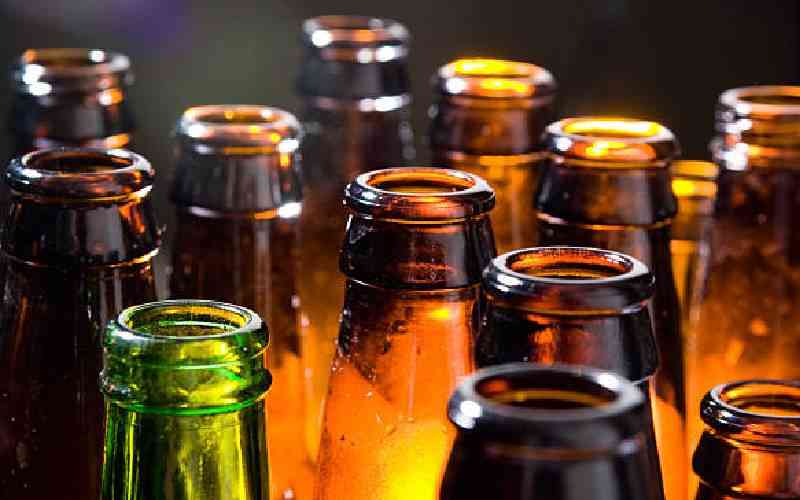
Manufacturers and distributors of alcoholic beverages have termed the government's proposal to increase the collection of sin tax through amendment of the Excise Duty Act ill-informed.
Under the aegis of the Alcoholic Beverages Association of Kenya (ABAK), they accused the government of increasing taxes "through the back door with no regard for the prevailing tough economic situation." The lobby claimed that the new tax measure is an indictment of the government's failure to curb the proliferation of counterfeits in the market.







